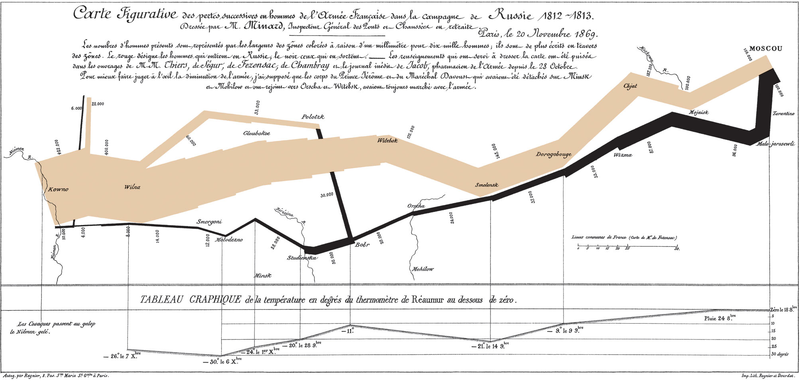http://idratherbewriting.com/2010/12/22/content-curation-versus-content-creation/
RATING
Usefulness: 4/5
Interesting: 5/5
In this article the anonymous author for I'd Rather be Writing played with the idea of content creation versus content curation. It is no secret that social mediums have become staple in our society, and play an integral role in how we obtain and digest information. Whether it is a 140 word tweet, a blog, or a lengthy article there is a high demand for information on the internet. The author proposes that to keep up with the demand, writers must understand the role of content curators.
He refers to a rat-race, an innate need to keep posting and publishing in order to feed the demand for information. Publishing has become a matter of staying relevant. Does that mean that we keep creating material, just for the sake of creating something? Or, do writers simply look for content to pass along, building upon and adding their reflections on a topic? The implications of both these options are cause for great debate and possible controversy.
Consider the following example. A few years back a man by the name of Antoine Dodson was interviewed by his local news station about the attempted assault of his sister. His ire was recorded and soon became a viral hit on the web because of the unintentional humor. In this situation, an original content was created and passed along. While it was circulating, the Gregory Brothers decided to remix and auto-tune the Dodson news story. A new viral hit was created from the original content.
How does this analogy apply to writing? It can be said that yes, it is undeniably important to create content, or else nothing new would be created. However, one can’t expect to create content just for the sake of doing so. Eventually the well will dry, there will be writer’s block, and the zing that an author’s writing used to have will vanish. Our social networks have made sharing information as easy as literally clicking an icon or pushing a button. However, too much of this, and you might end up with the dilemma I mentioned before, no new content. The next step then becomes “remixing” and “auto-tuning” someone else’s content, keep it circulating so that the topic remains fresh and new perspectives are formed. This can be considered both content curation and creation.
The article argues that there must be a balance, and I agree. This topic is relevant to us because the way we share information is changing, and so is the role of a writer. Just as a tool becomes obsolete if it can’t merge and evolve with “the times,” so will the role of writers who cling to the old model of writing. I predict that writing will continue to be a collaborative effort, on the part of many parties. I recently had to use Google Docs for a class assignment, and the concept of posting content and permitting others to modify the original intrigued me. The tool allows several users to be working on the document at the exact time, demonstrating the changes to the document as they are made. There are varied levels of participation, for example, sometimes only people with the link can modify as opposed to a document available to the general public. I believe that writing, especially in mass communication mediums will become highly participatory, like Google Docs. The important key would then be to find a perfect balance between curation and creation.

No comments:
Post a Comment